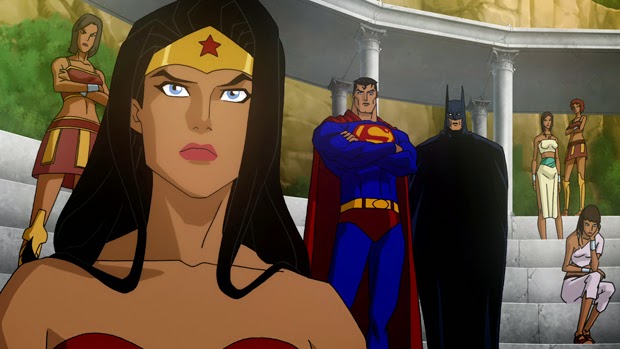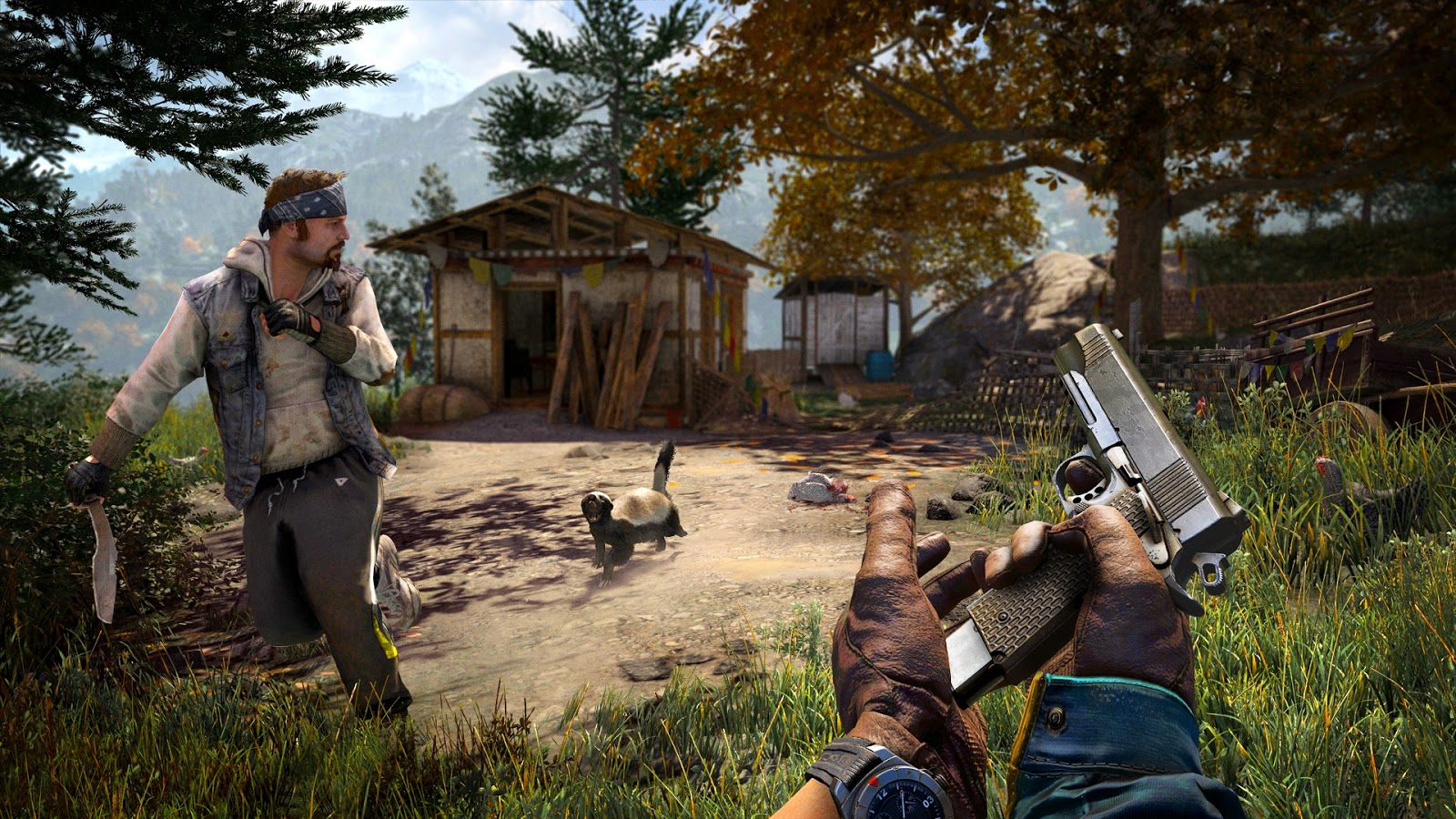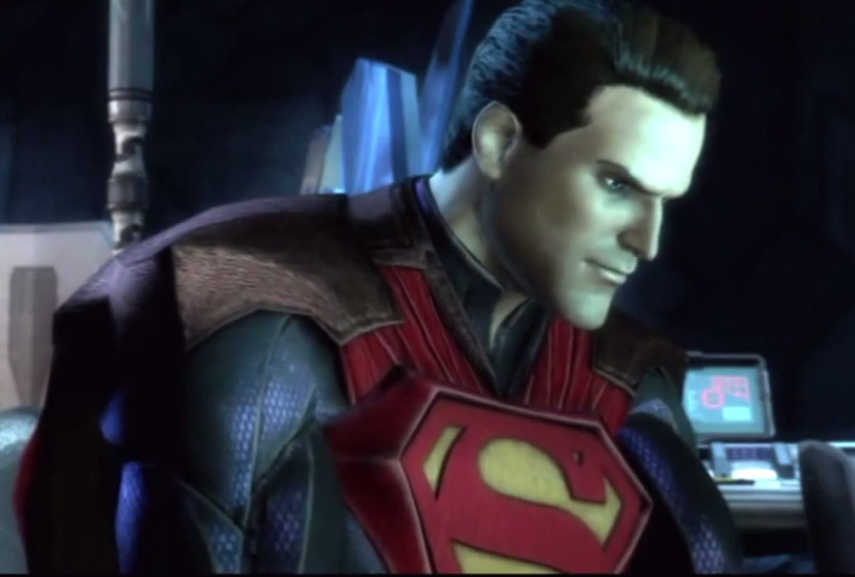Hey folks,
We have a special treat today: an interview with one of my favorite indie fantasy authors. Kenny Soward is the author of the popular
GnomeSaga series, published by Ragnarok Publications.
GnomeSaga follows the adventures of a group of gnomes which struggle to deal with an invasion from another dimension. You can read our reviews of the first volume in the series,
Rough Magic,
here and our review of the second,
Tinkermage,
here. The third book in the series,
Cogweaver, just came out.
We hope you enjoy this interview!
1. We've enjoyed your writing here on the UFoC for quite a while, what's changed for you as a writer since you've made your debut?Charles, thanks so much for having me here. I really appreciate the opportunity. A lot has changed since my last time over here. Internal things, really. Mental things. Like, how I perceive people perceiving my work.
Not everyone is willing to take a chance on a new author, and even if they do purchase your book, they may still not have time to read it. And even if they read it, there’s an upward chance you might not get a good review. So, the ability to handle unfavorable things like that. To learn from mistakes and eject any guilt I might feel about wasting people’s time with a bad read. Just all of that, because I really do want people to have a good experience reading my stuff, but I can only control my own feelings and attitude. So, getting over those mental things and having the confidence and “inner smile” to be able to move forward regardless. I’ve come a very long way in that regard.
Process-wise; outlining, outlining, outlining. It has given me a lot of confidence in my pacing and general plotting ability, and I think it really shows in
CogWeaver.
CogWeaver was the first book I really sat down and outlined for a month or two before I started. I used more Scrivener features and really worked hard on the pacing. After writing twenty plus years – and more feverishly in the last five – I simply have a lot more experience now.
There are also fewer excuses I can make.
2. Can you tell us about GnomeSaga and what sort of story it is, now that we're hitting the third book?GnomeSaga is a story about finding meaning in one’s life, something to hold on to. Whether it’s a cause, an invention, or even some sort of spiritual reckoning. On a more minute scale, it’s about a brother and sister who have essentially become estranged finding their way back to one another and uniting for a single cause, a single purpose. And even though they spend much of the narrative apart, they are not far from each others' thoughts.
CogWeaver basically ties up books one and two while launching the reader into a series of epic skirmishes and battles.
CogWeaver is probably the most intense of the three books, where characters leave it all on the battlefield, so to speak.
3. Can you tell us about the main characters and what separates them from other fantasy heroes?Well, for one, the main characters are gnomes. I’ve not read a single series that features gnomes as the primary characters. They’re inventive, humorous, and, above all, tough as nails. Through them, I felt a certain freedom to explore the toils of the inventive process; their dedication, smarts, and willingness to take risks.
Their reluctance to actually test their inventions while focusing only on results, which, as you might guess, can often be deadly. J The motivations of my characters are more complex than your average hero. They aren’t the typical “farm boy makes good” nor was their family killed in a raid by brigands or trolls.
Their motivations stem from their personality traits (their faults and qualities) and their stubbornness toward change. Things get in the way and force them to change. It’s certainly a hero’s journey but with maybe a little different approach.
![]() |
Kenny Soward in real-life. Honest.
|
4. How many books do you envision in the series, may I ask?I was going to stop at these three books (call them Volume 1), but I’m pecking away at outlines for upwards of six more books. The next three (call them Volume 2) would continue the adventures of Nikselpik Nur and his various quests. In V2, there would be a closed set of characters with a more narrow focus.
I think it would give the reader more time with Nik and Jancy and their merry gang; a more personal approach, if you will. It will be rougher and probably more “grimdark” than the others. The final three (call them Volume 3) would delve back into a more epic style where we would have multiple plot lines and huge stakes. I will also be doing novellas for secondary characters in the series (I have one completed already which should be out in the summer 2015).
It’s pretty ambitious, I know, but I really love the characters and the world. And it would certainly be a labor of love, because it’s really hard to tell how well the series will sell in the long run. You tend to get a lot of readers for the first book of any series, but it drops off from there. After nine books, I might only have 3 readers, JK.
5. What can you tell us about the villains of GnomeSaga?
There are three villains in
GnomeSaga. One is Raulnock, a dangerous and corrupt gnomish wizard who has been holding back and even persecuting our protagonists the entire series. Another villain would be the Prophetess, a gnomestress with goddess-like powers who fights Niksabella for her very soul.
The final villain, or villains, would be the ultraworlders, who came from another dimension to threaten the gnomish city of Hightower and all its citizens. The ultraworlders are not given a POV, my intention being to keep them in the shadows as long as possible. Only at the very end, during the final battles, do we really dig into the characters behind the ultraworlder invasion and discover their true intentions.
It was most fun marrying up the villains down the stretch to really make them more powerful and deadly. A real challenge for our heroes.
6. What's the premise for Cogweaver?The premise for
Cogweaver is pretty simple. Things have been building through the first two books, some challenges were overcome, some failed, and now it’s all come to a head. Niksabella fights for her very soul while trying to build a stonekin army to force back the ultraworld invaders. Nikselpik has his hands full with a traitor in the sewers of Hightower. And then there’s the final battle, which pits swamp elves, gnomes, and stonekin against a huge ultraworlder force.
It’s pretty epic.
7. Can we expect to see any new characters this time around?The villains would be the most important “new” faces. At least when it comes to the Baron, Martreuse the Foul, and some of the Warlords of Weyar, like Mogwitch and Traive. Most notably is an appearance by Penny the auton, who plays a somewhat larger role in CogWeaver (she appeared briefly in the first book).
8. Who is your favorite character in the series, if I may ask?My favorite character in the series is Nikselpik. While he’s powerful and ballsy, he’s also sort of a sad little guy. His anger only gets him so far, and then he’s always forced to face the reality of what he is, which is a stubborn curmudgeon who seems perpetually drawn to the darker side of magic. He knows he doesn’t deserve a “good gal” and he’ll likely never be the upstanding citizen and leader he ought to be. My second favorite (or my growing favorite) is Penny. She came into her own in CogWeaver, and there may be a novella … oh, wait. I wasn’t supposed to talk about that.
9. How has the response been to GnomeSaga so far? Do you have any fan reactions which have surprised you?The response has been fairly good, I think. I’ve sold hundreds and hundreds of copies and gotten a fair amount of reviews, and most of the reviews are excellent. Some of the comments have been interesting. While one person thought
Rough Magic was too slow in parts due to too much character development, another person said I needed to add another 150 pages to each book to really flesh out the characters J And I’m always pleased when someone says they didn’t expect the books to be so good (maybe because it’s gnomes?) but they ended up loving them.
10. What can we expect from you next?I’m just going to keep on writing. The only decision I have to make is whether or not to continue to write more novellas in the world of Sullenor, or jump right into the next
GnomeSaga volume which I’ll pitch to Ragnarok. Also, I’ve been toying with some ideas to finish Dead West, a series I started with Joe Martin and Tim Marquitz. Thanks a lot, Charles! As always, I love answering your questions.
Thanks for stopping by, Kenny!




































.png)

.jpg)


































